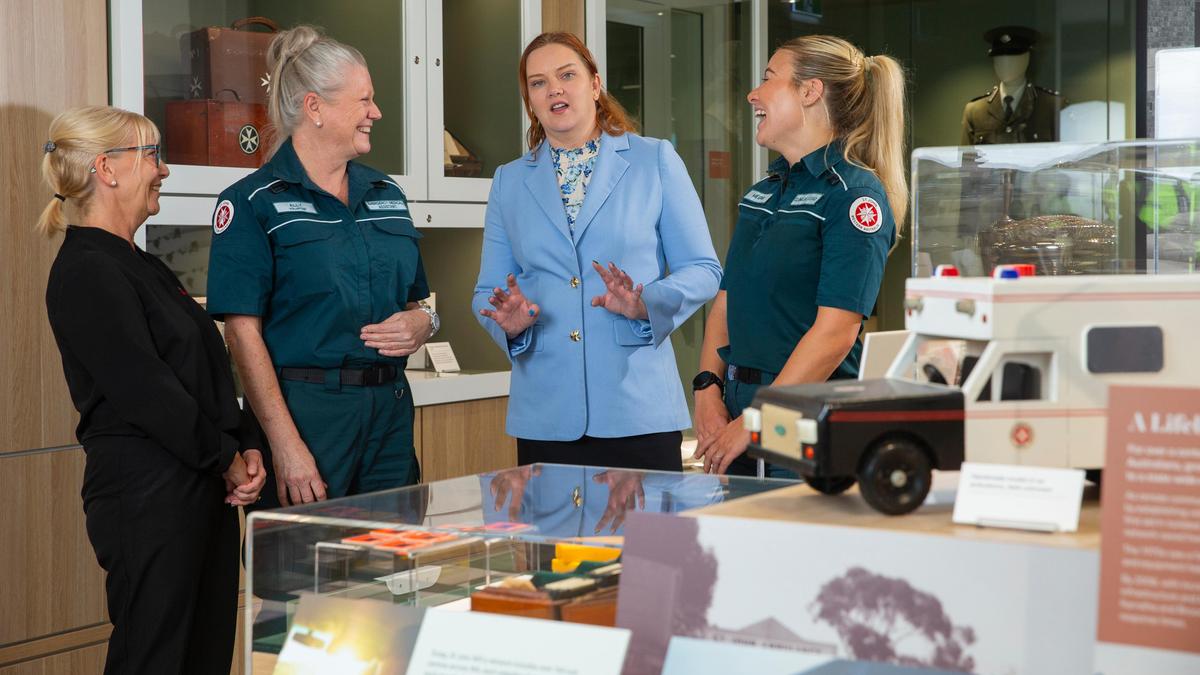Michigan’s first rural residency program to address ‘critical shortage of physicians’ in underserved areas

SAGINAW, MI — Central Michigan University Medical Education Partners secured a $750,000 federal grant to develop Michigan’s first rural residency training program, addressing a critical shortage of physicians in the state’s rural communities.
The U.S. Department of Health and Human Services-based Health Resources and Services Administration awarded the competitive Rural Residency Planning and Development Program grant to the Saginaw-based organization, marking the first time a Michigan entity has received this federal recognition aimed at improving rural healthcare access, CMU Medical Education Partners officials said.
The three-year grant will fund an exploratory initiative to create a rural residency track in family medicine within Michigan’s Thumb region. Family medicine residents from CMU College of Medicine and CMU Medical Education Partners would complete at least 51 percent of their training at Scheurer Health and other nearby rural sites through partnerships with Scheurer Health and Covenant HealthCare.
“With the leverage of this award, we will explore the options of creating a sustainable model to address a critical shortage of physicians in rural areas,” Dr. Samuel Shaheen, president and CEO of CMU Medical Education Partners, said in a statement. “This opportunity allows both medical students and residents to experience the quality of life in these communities, which may also inspire them to build their careers in the very same areas.”
The program addresses a gap in Michigan’s medical education landscape, officials said. No accredited rural residency program tracks exist in the state, according to the Accreditation Council for Graduate Medical Education, CMU Medical Education Partners officials said. The grant enables the organization to build the infrastructure required to apply for official rural track accreditation.
Michigan’s rural healthcare challenges are substantial, officials said.
“Physician shortages are a significant problem throughout the country, which are magnified in rural areas,” Dr. Ross Ramsey, CEO of Scheurer Health, said in a statement. “We are excited that Scheurer Health can help address this shortage by providing training that will help provide a pipeline of physicians for rural Michigan and the Thumb.”
Beth Charlton, president and CEO of Covenant HealthCare, expressed enthusiasm for the partnership. “Extraordinary care requires extraordinary physicians and developing an inspired talent pipeline dedicated to that effort, paramount,” she said in a statement. “We are excited and grateful for this opportunity.”
The program aims to create lasting connections between medical trainees and rural communities. Bethany Figg, associate designated institution official and director of graduate medical education at CMU Medical Education Partners, said rural training provides unique opportunities for medical professionals.
“Rural training will provide our learners with a chance to care for patients in settings where connections run deep and communities quickly feel like home,” Figg said in a statement. “Those experiences often stay with them, inspiring many to put down roots and continue practicing where their skills are needed most.”
Upon approval of their accreditation application, CMU Medical Education Partners leaders expect to welcome their first cohort of residents in July 2027.
Generative AI was used to organize information for this story, based on data provided by CMU Medical Education Partners. It was reviewed and edited by MLive staff.



